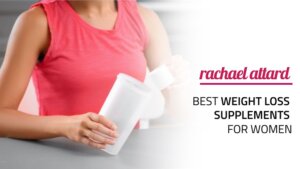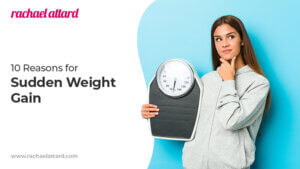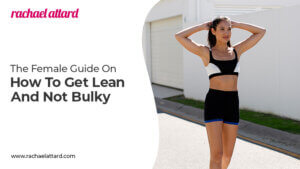5 Nutrition Facts For Fat Loss
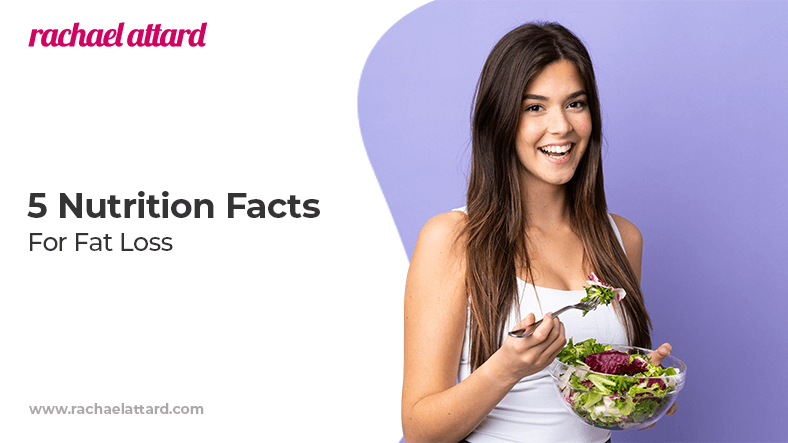
Here are my top 5 nutrition facts that you should know if you are looking for fat loss.
1. Protein & Fiber Are Essential For Fat Loss
These are two important things that females are most deficient in. Protein and fiber are both important because they offer the greatest thermogenic effect (i.e. your body burns more calories to digest them) and they keep you the fullest. I neglected fiber in the past, but definitely noticed a huge difference in hunger levels when I increased them.
You should be aiming for 15g of fiber per 1000 calories, with a minimum of at least 22g. So that means if you are eating 1200 calories per day, you should aim for 22g of fiber (not 18g like the formula would suggest). And if you’re eating 1800 calories per day, you should aim for 27g of fiber.
Fiber also reduces your insulin sensitivity, meaning you will be better at digesting carbs and NOT storing excess carbs as fat. Some of my
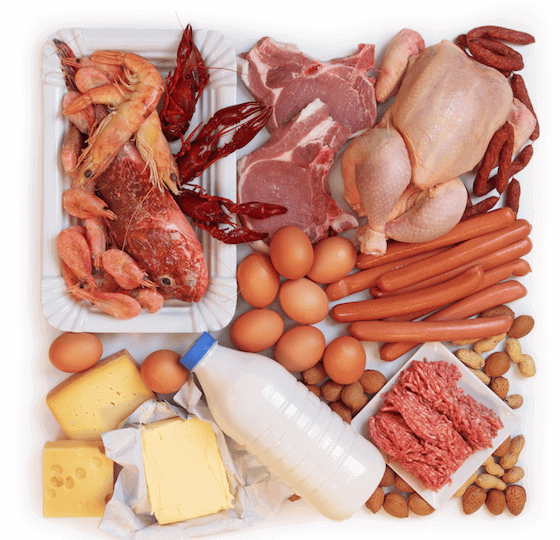
RELATED POSTL HOW TO CALCULATE YOUR MACROS
2. Will Caffeine Help Me Lose Fat Faster
This is a bit of a tricky one. Caffeine is the best fat loss supplement there is, and it will also help you perform better at cardio. The caffeine supplement works better when taken as a capsule / powder when compared to coffee. However coffee will still have similar effects. The thing is, caffeine is a stimulant and it is not a natural substance. Any time you stop taking something like this, your body will go through a withdrawal. I personally do not drink coffee or take stimulants. BUT you should know that it is an awesome fat loss supplement and is also used as a performance enhancing supplement (for cardio, not so much strength).
3. Is Fasted Cardio Good For Fat Loss
I have read so many debates about whether fasted cardio is good for you or not. This is my take on it from a fat loss point of view.
Fasted cardio is doing cardio in the morning, before you have eaten anything (read more about fasted cardio here). It actually works really well for fat loss, because you don’t have much carbs / glycogen in your system, and your body will turn to fat for energy, therefore burning fat. BUT it will only work if you haven’t had a carb heavy meal before bed. If you have had a meal with carbs (fruit counts), then fasted cardio won’t work as well, because you will still have some of those carbs stored in your system.
It is better to do low intensity cardio in the morning because this is a fat burning activity (read more about it in my blog post here). But if you are fit, doing high intensity cardio in the morning will also burn more fat, but is not really recommended. I have personally done lots of fasted high intensity cardio in the past, and I did lose a lot of fat more quickly. But I wasn’t able to perform as well. I always wondered why it was harder for me to run or cycle in the mornings, compared to afternoons. And this is why. You need carbs to be able to do this type of exercise well, and I didn’t have any.
I think the reason fasted cardio has not been recommended by some people, is because
But if you have muscular legs and you would like to lose that extra thigh muscle, fasted cardio is a great option.
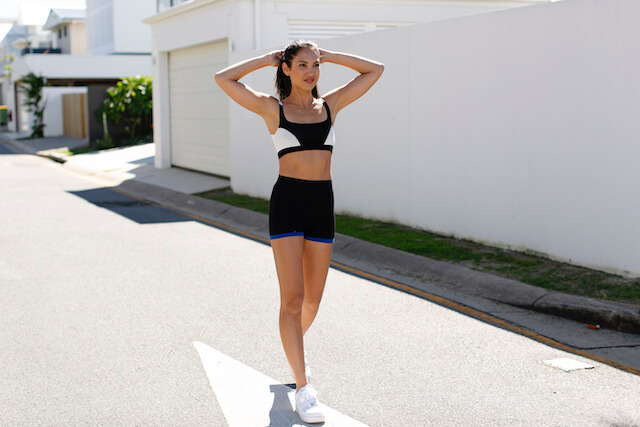
4. How Often Should I Eat to Lose Fat
It has always been thought that eating small, more frequent meals is good for your metabolism. WRONG. It has no effect on your metabolism whatsoever. BUT, it does help with reducing hunger, and also improves factors in your blood such as reduced cholesterol and insulin. So now you know :)
5. How To Speed Up Your Metabolism
Three things contribute to your metabolism:
- Your resting metabolic rate,
- Your activity level / exercise, and
- The thermic effect of food (how many calories your body burns digesting the food you’ve eaten).
By far the biggest contributor to your metabolism is your resting metabolic rate (unless you exercise a lot, I’m talking
Obviously, the more you exercise, the more calories you will burn which will also increase your metabolism. And the more protein and fiber you eat, the more you will increase your metabolism too because of their higher thermic effect of food.
I hope you guys found this blog post helpful! If you have any questions, feel free to comment :) xx

